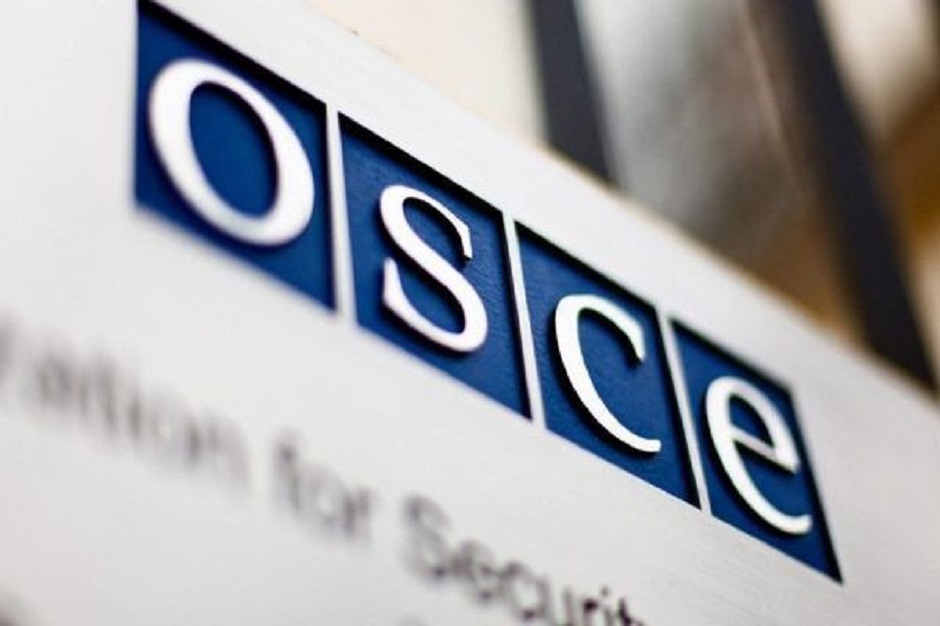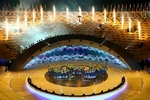'Media must avoid sensationalism'

Media in Bosnia and Herzegovina and the neighbourly countries must recognise and avoid the sensationalism and inaccurate reporting, said the conclusion of “Media and Terrorism” conference, held on Sunday in Sarajevo, under auspices of the OSCE Mission to Bosnia and Herzegovina.
Oglas
Head of the Mission, Bruce G. Berton, said the media representatives should choose the subjects they would be reporting on, being careful about sensationalism and failing to achieve their goal in the report.
Media play the key role in raising the multi-ethnic and political tensions, Berton stressed adding that media must not qualify every incident as terrorism and use the terminology of serious connotations.
“The strong voice media has might cause huge social harm,” Berton emphasized.
Oglas
Journalists must be led by ethical standards and must not be exposed to pressures, he added. According to him, it was warned during the conference that the media owners demand from the journalists to use sensationalist headlines to draw the attention of their readers and viewers.
‘Media and Terrorism’ conference gathered over 100 journalists and media professionals from Bosnia and abroad, to discuss the latest trends, issues and professional standards related to reporting on terrorism and violent extremism in online, print and electronic media.
“Terrorism is not something new, but technology is and it enables the reports on such attacks to reach all people in the world in a few minutes, doing a remote recruitment,” Berton said.
Terrorist groups are very aware of the power of technology, according to him, and “they use the messages of rational choice, saying the things are better with them and you would fit in very well.”
Oglas
The youth spending a lot of time online are the most vulnerable category here, Berton concluded.
Kakvo je tvoje mišljenje o ovome?
Učestvuj u diskusiji ili pročitaj komentare
Oglas
Kakvo je tvoje mišljenje o ovome?
Učestvuj u diskusiji ili pročitaj komentare
Oglas
NAJČITANIJE
Oglas
Oglas
Najnovije
Oglas
Oglas





 Srbija
Srbija
 Hrvatska
Hrvatska
 Slovenija
Slovenija



























































